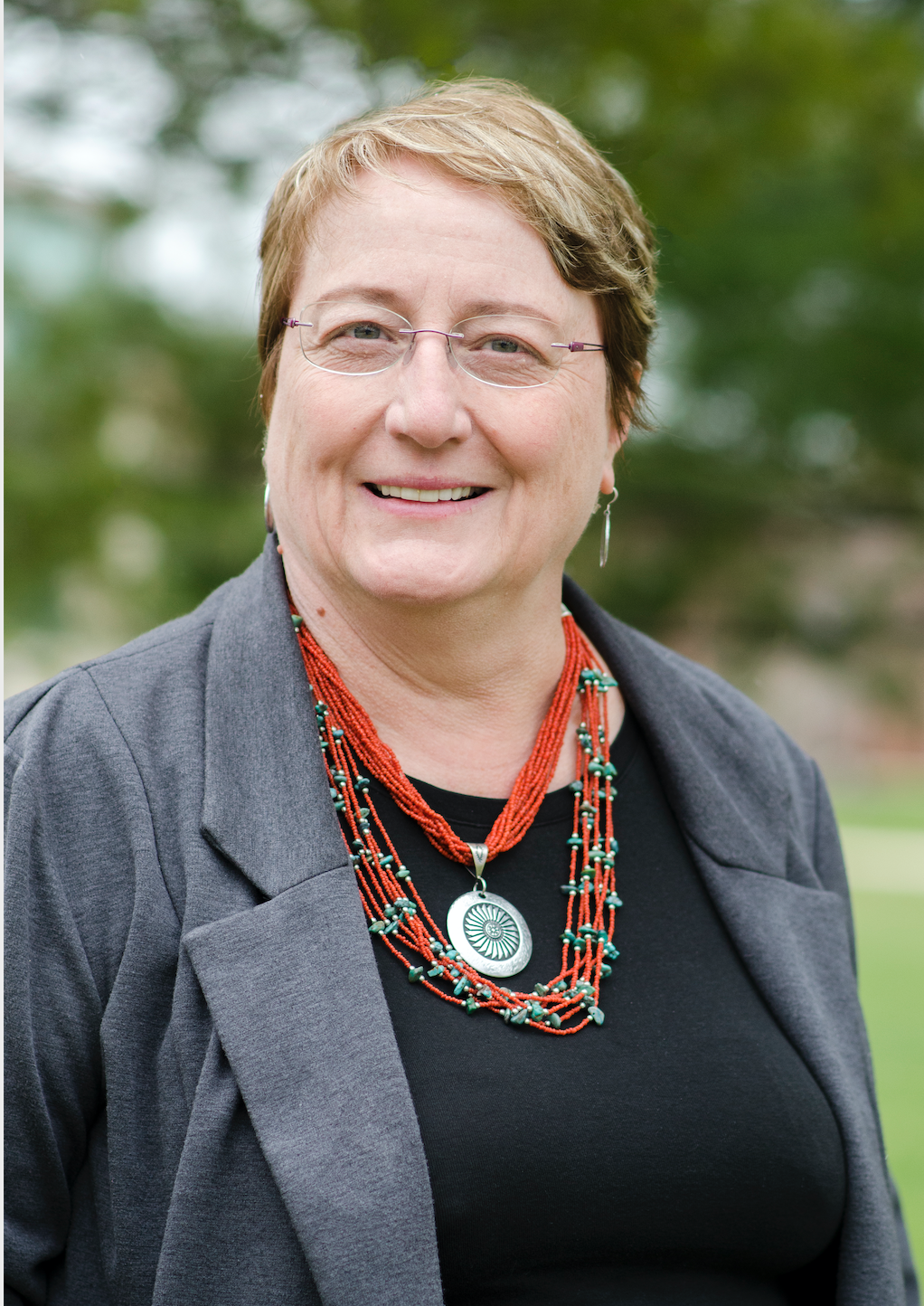D. Joy Riley, M.D., M.A.
Executive Director

Recently, I traveled north to enjoy some recreation and relaxation in cooler weather. Here, fall is in the air, and some trees are manifesting beautiful foliage ahead of the rest. The tree pictured above caught my eye, with its red leaved branches standing out from the rest of the still-green tree. It is a remarkable and lovely natural autumnal transition.
Alas, other “transitions” in our midst are neither lovely or natural. I am alluding to the “medical transitioning” of our young people, who are often told that multiple surgeries and life-long (cross-sex) hormonal treatments will transition them from one sex to the other. Joyce Shelton offers her thoughts on such culturally-encouraged treatments below, and an announcement from Jennifer Lahl’s organization follows that. Much to ponder here . . .
For the Safety of Our Children
Joyce A. Shelton, Ph.D.
Professor of Biology Emerita

There is a fierce battle raging in our country for the bodies, the minds, the very lives of our children. National and state policy decisions regarding children’s health and well-being are being made on the shaky basis of a trendy cultural ideology. Young people who are experiencing gender dysphoria, “a psychological condition in which a child experiences marked incongruence between his or her experienced gender and the gender associated with the child’s biological sex,” are being pressured to undergo gender-affirming care, which includes drastic medical treatments, such as puberty blockers, cross-sex hormones, and radical anatomy altering surgeries. Even in the face of serious side effects and frightening implications for long term irreversible damage, claims are being made by the federal government that such treatments must be carried out “for the safety of the children.”
Most recently the federal government has been re-enforcing its position by issuing health care directives in the form of executive orders from the White House and guidance from the Office of Health and Human Services. This statement from HHS Secretary Xavier Becerra and this guidance by OPA-HHS detail the federal government’s stance, which unequivocally supports the availability and necessity for any and all gender modifying treatments to maintain the mental health of gender dysphoric children. It takes issue with any means to block access to such treatments, claiming that it is discriminatory and that “At HHS, we listen to medical experts and doctors, and they agree with us, that access to affirming care for transgender youth is essential and can be life-saving.”
Perhaps what they are actually saying is that they only listen to the medical experts that agree with them, because there are deep concerns regarding the legitimacy of such claims by many in the medical community. A statement by the American College of Pediatricians states that studies clearly show 80-95% of prepubertal children exhibiting gender dysphoria accept their biological sex by the time they reach adolescence, rendering medical intervention unnecessary. They go on to say that treating children with puberty blockers, cross-sex hormones, and sex-altering surgeries “is founded upon an unscientific gender ideology, lacks an evidence base, and violates the long-standing ethical principle of “First do no harm.” The Christian Medical and Dental Associations has also posted an excellently written and researched position statement that questions the ethics of providing medical assistance for gender transition.
Nevertheless, some state legislatures have quickly jumped on board with the federal government’s direction as gender modifying procedures become more readily available and are being heavily pushed onto children who are often too young to give informed consent and, in some cases, are not even allowed to consult their parents. Leading the pack is California, which has recently passed a bill that allows the State of California to assume temporary jurisdiction of a child, in contradiction to parental resistance to gender modifying treatments even if that child is from another state–thereby interfering with any state’s laws that prevent such treatments. It is so extreme that it has been referred to as legalized kidnapping.
A number of states have pushed back on the federal mandates, notably Texas and Florida. The Texas governor has suggested that gender modifying procedures on minors could legally be considered child abuse. Florida’s governor recently requested a state medical regulating board to disallow transition-related care for transgender minors. In conjunction, the Florida Department of Health released alternative guidance and a fact sheet citing studies that refute the federal government’s claims. It was followed by a lengthy report that thoroughly reviewed the current evidence and concluded that “available medical literature provides insufficient evidence that sex reassignment through medical intervention is a safe and effective treatment for gender dysphoria. Studies presenting the benefits to mental health, including those claiming that the services prevent suicide, are either low or very low quality and rely on unreliable methods such as surveys and retrospective analyses, both of which are cross-sectional and highly biased. Rather, the available evidence demonstrates that these treatments cause irreversible physical changes and side effects that can affect long-term health.”
Safety is defined as protection “from undergoing or causing hurt, injury, or loss.” Given the evidence, or lack thereof, in the ongoing gender affirming care debate, we must ask ourselves, who is really on the side of keeping our children safe? In our own spheres of influence, we must do whatever we can to protect them from harm.
People with integrity walk safely, but those who follow crooked paths will be exposed. (Proverbs 10:9, NLT)
Click below for the trailer of the new documentary, The Detransition Diaries. This documentary “explores the stories of three young women who thought transitioning to male would solve their gender dysphoria.”
(The CBC Network, Press release, 19 September 2022)
The Tennessee Center for Bioethics & Culture encourages respectful discussion and debate of bioethics issues, and strongly supports freedom of speech. To that end, we invite and welcome other voices to the discussion of bioethics issues. Invited authors’ views are their own, and do not necessarily represent those of The Tennessee Center for Bioethics & Culture.


